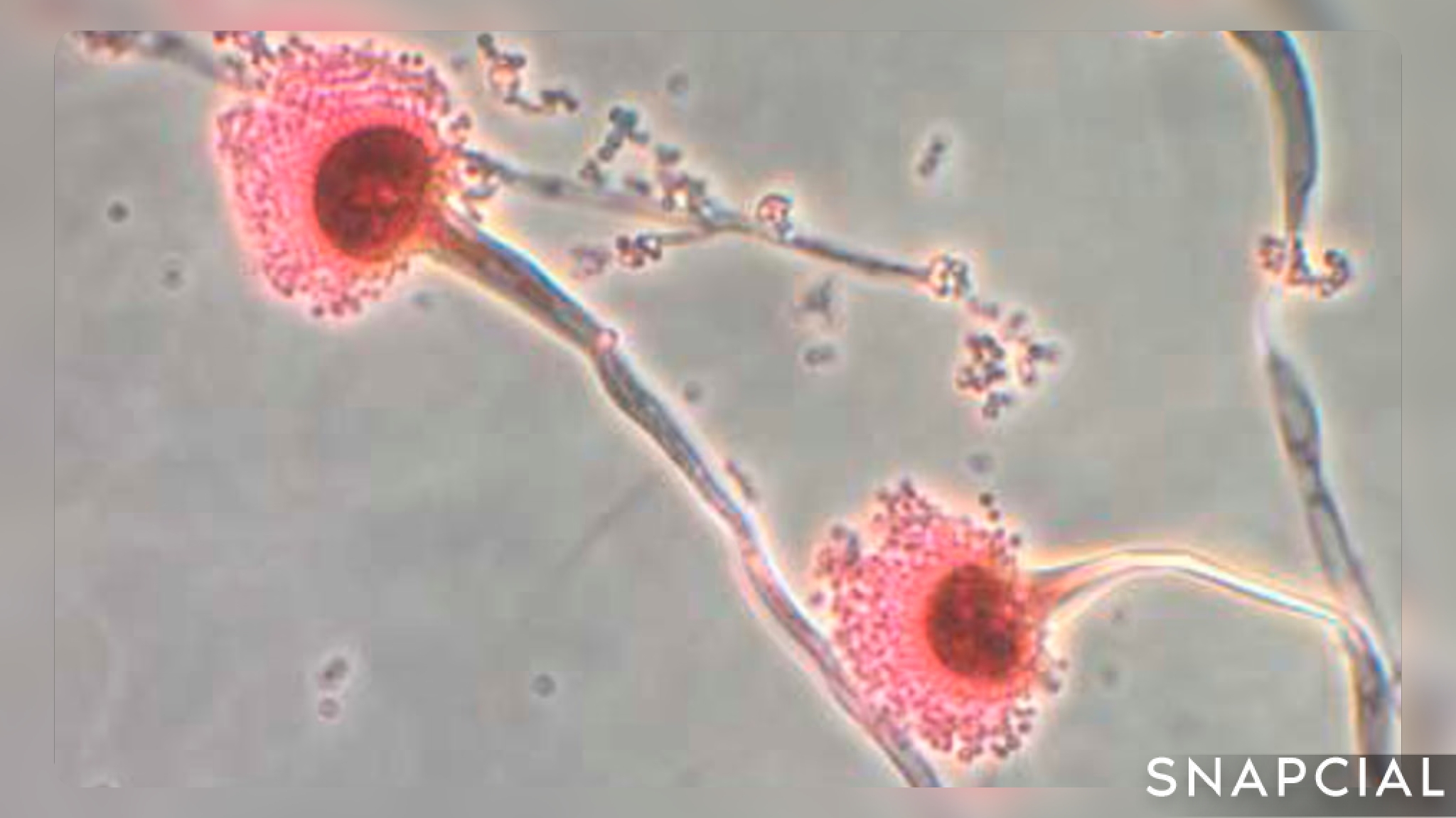NEWS
Deadly fungus that ‘eats you from the inside out’ invades US: ‘Hundreds of thousands of lives at risk’

June 16, 2025 – A silent but lethal threat is spreading fast—Aspergillus, a mold capable of causing invasive aspergillosis, is quietly expanding its reach across the globe. Scientists warn it can “eat you from the inside out,” putting hundreds of thousands of lives at risk.
What is Aspergillus?
- A diverse genus with over 300 species found in soil, decaying plant matter, dust, and indoor environments.
- Harmless to most—but in individuals with weakened immunity, certain species like A. fumigatus can cause deadly lung and invasive infections.
Why Now? Climate & Resistance Fuel Its Spread
- A recent study predicts A. fumigatus may expand its range by up to 77% by 2100 due to global climate changes.
- A. flavus could expand by 16%, threatening both public health and food safety.
- Rising temperatures, humidity shifts, and extreme weather are creating ideal conditions for fungal growth.
- The overuse of agricultural fungicides (especially azoles) is leading to drug-resistant strains, reducing the effectiveness of current treatments.
⚠️ Who Is at Risk?
- Immunocompromised individuals—those undergoing cancer treatment, organ transplant recipients, people living with HIV/AIDS, or recovering from severe illnesses like COVID-19—are especially vulnerable.
- Individuals with lung conditions such as asthma, cystic fibrosis, or COPD are also at high risk.
- Invasive aspergillosis often mimics flu or pneumonia, making it difficult to diagnose. Mortality rates can reach 50–80% in severe cases.
️ What Can Be Done?
- Strengthen fungal surveillance in hospitals, agricultural sites, and indoor air quality systems.
- Regulate fungicide usage in agriculture to reduce drug resistance.
- Develop new antifungal medications and faster diagnostic tools, as current treatments are limited and often toxic.
- Combat climate change to prevent the expansion of fungal habitats.
✅ Bottom Line
This deadly mold is not a distant sci-fi scare—it’s already causing thousands of infections annually and could dramatically escalate in a warming world. With its invisible spread, high mortality, and drug resistance, Aspergillus poses a major public health challenge. But with swift action—via health policy, scientific research, and environmental responsibility—its threat can be contained before it spirals into a global crisis.












